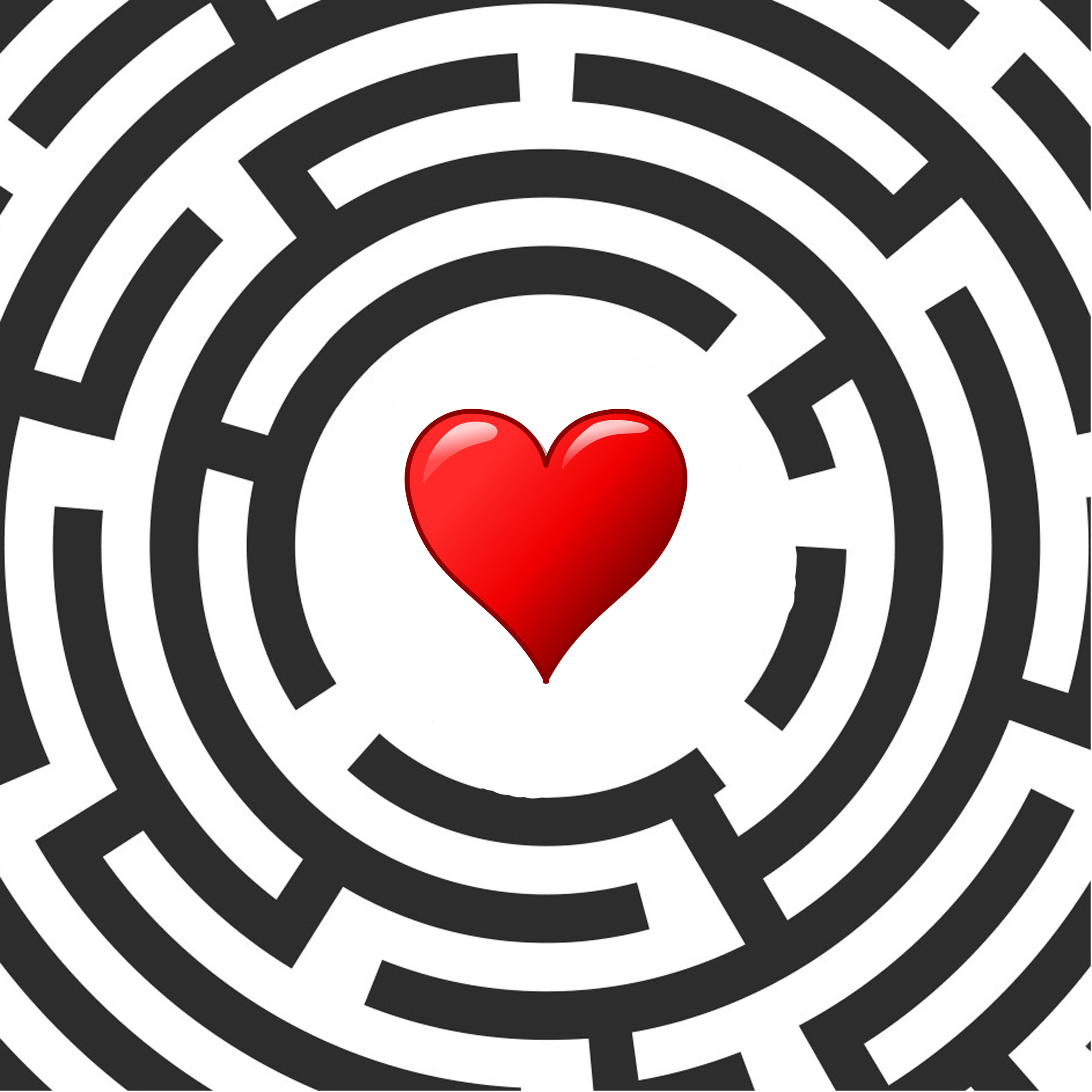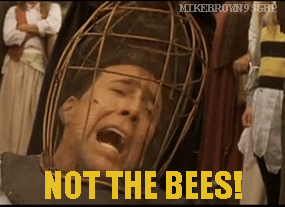You know those needy dating profiles: “I’m fun, friendly, caring, positive and my friends say I’m absolutely wonderful even if I’m a bit crazy. Believe me, I’m a great catch!!!!”?
I’ve found the dating app equivalent and it’s Bumble.
I was buzzing with excitement the day I reopened my profile on Bumble. I must have just seen one of the many articles saying how good it is with a gushing enthusiasm that would make a press release seem to be trying too hard. But let’s say my excitement was premature.
I didn’t suspect as I listened to my phone trilling with new matches throughout the day that I would soon be feeling like giving Bumble a good sting in the backside.
These were five cute, quality matches. Not the kind you swipe right on in haste and then, when they match you back, make you wonder what you were thinking.
Queen bee
So how would this work?
Of course the thing that everybody knows about Bumble is it that is the so-called female friendly dating app. It screams this in all of its publicity – paid for and free – “Love Bumble. It’s female friendly!”
Bumble was launched by a former Tinder executive and while the two share a similar swipe-based format, Bumble prides itself on letting the ladies take the initiative.
The idea is that, unlike say, Tinder, when two people swipe right on Bumble only the woman can open the conversation.
She has 24 hours to do it and if she fails to contact you in that time the match is lost. Sounds good in theory. And in practice?
Spread the pollen
On that first day I’d notched up five matches. Each one was marked by a yellow ring indicating the ticking down of the 24 hour clock.
Over to you ladies, I thought.
Before we get to the nitty-gritty, a few thoughts on Bumble’s interface.
Bumble has a format which lets you put in more information about yourself than Tinder. As a self-described wordsmith, that tends to work in my favour.
For example it has these slightly goofy questions which you can fill in if you want.
Who would be your ideal dinner guest, It asked?
“A lobster bringing a cauldron of boiling water and a bowl of melted butter,” I wrote.
The quality of matches is pretty high. There are a serious amount of women here with postgraduate qualifications.
But the numbers are nothing like Tinder. In a matter of about 10 minutes I had swiped through all of them.
Flight of the bumblebee
So having matched with me, how did my five matches excercise their obligation to open the conversation?
The answer is that they didn’t.
The next day I watch the series of little yellow rings gradually ticking their way around the edge of five profile photos till they exhausted themselves.
That indicated that the time was up.
Five matches, zero conversations.
Of course there’s a good chance that these women didn’t find my profile compelling enough to bother actually writing to me.
Yet they did find it interesting enough to match with me in the first place.
Perhaps, the ladies of Bumble with their postgraduate qualifications and dogs have busy lives. It’s possible they would actually have liked me to have contacted them.
Maybe they would have liked it if I had been able to spare them the trouble of writing an instant follow-up message to their right swipe.
Might it be, in other words, it’s a problem with the concept and not with me?
Buzz off
At this point I got another match. So what would happen in this sixth case? Would she also let the clock tick down to oblivion? The answer is no. She did make contact almost immediately.
So how did she put a feminine spin on the tricky business of coming up with a creative opening message?
“Hi,” she said. “How are you?”
Normally I would try and say something witty and kick-start the conversation but right now I was feeling a bit chippy and responded childishly.
“I’m good. How are you?”
“I’m good,” she said.
“It’s good that we are both good.”
Needless to say the conversation died a swift death.
At this point I was ready to tell Bumble to “**** off” (and let’s be clear, the starred word had nothing to do with bees).
Bumbling around
It isn’t like this is a one-off either. Throughout the last week I’ve had a series of other Bumble matches. By far the most popular opening was some variant of “Hey” or “Hi”. A quick poll of my guy friends revealed similar experiences.
This is another problem with Bumble. The issue it claims to address is valid and only an idiot would dispute that women face far more harassment in online dating than men.
But handing the woman the apparent initiative also gives men the impression that they will be spared the burden of making the first move, which is to come up with a creative opening and get the conversation started.
In reality what many women do with this initiative is simply hand it back to the man and wait for them to start a chat that actually engages them.
Nobody who has had an online dating profile for more than a few days seriously believe that openings like “hi” get you anywhere.
Hive mind
The fact that in modern dating guys are expected to make the first move but are often clunky or inappropriate when doing so – isn’t some minor flaw.
It is actually one of the major conundrums of modern romance.
And Bumble claiming they are addressing that through their corporate business model is like a medical firm which has discovered a new headache pill claiming it has discovered a cure for cancer.
Flying slowly to oblivion
It’s actually worse to get a good match and then see it slip through your fingers because the match couldn’t be bothered to contact you in the alloted time than to never have the match in the first place.
And it’s actually worse to get a boring generic message with no thought behind it in an app which prides itself on women making the first move than it is on a traditional app.
So my guy friends often try out Bumble, raise their expectations when they get a few high quality matches, and then stop using it when the concept gets in the way of actual matchmaking.
In the end by handing extra power to women – and taking it away from men – Bumble treats dating as a zero sum game where there’s only one winner or loser. In this case despite Bumble’s needy publicity, it is a fallacy which leads to a worse outcome for everyone.





